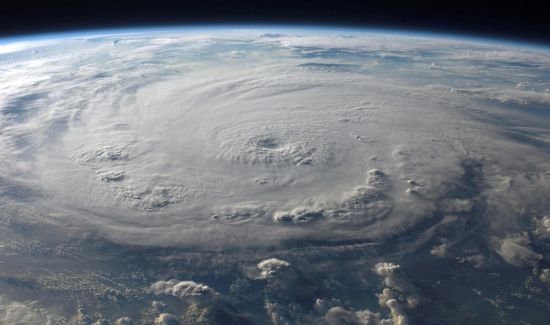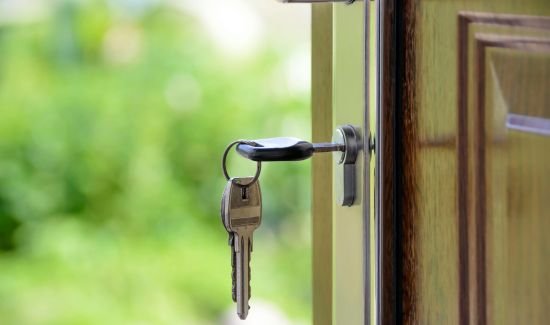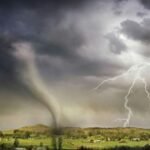
Hurricanes are unpredictable, but proper preparation can greatly reduce risks. By following these hurricane safety tips you can protect your family and property during a storm. Along with making emergency kits and evacuation plans, it’s also important to secure your home. And for outdoor safety, definitely check out these Safety Instructions for Hiking and Camping.
Table of Contents
1. Understand the Risk
Hurricanes are powerful natural disasters, causing billions of dollars in damage each year and displacing millions of people. It is important to understand your area’s vulnerability, especially to flooding, high winds, and storm surges. Regularly review local emergency services’ hazard maps and evacuation zones. This awareness helps you take action quickly and confidently in an emergency.
2. Create an Emergency Kit

Well-organized emergency equipment can be a lifesaver during and after a hurricane. Stock up on water (1 gallon per person daily), non-perishable food, and the necessary medicines for each person for three days. Don’t miss the flashlight, spare battery, and weather radio. Having your equipment ready will save you time when evacuating or sheltering in place.
3. Plan Evacuation Routes
If an evacuation order is received, knowing the routes in advance will prevent confusion and delays. Identify multiple exits from your area, as some roads may be blocked or overcrowded. Practice these routes with the family so everyone is familiar. Make arrangements for pets, as not all shelters accept animals.
4. Secure Your Home

Keeping your home safe will help reduce damage during a storm. Install storm shutters or board up windows to protect from flying debris. Strengthen doors and garage doors, which are common entry points for strong winds. Bring outdoor furniture and other items. Go inside so you don’t turn into a projectile.
5. Stay Updated with Alerts
Conditions can change quickly during a storm, which is why it’s important to receive real-time updates. Use reliable sources like the National Hurricane Center. For information about the weather turn on emergency alerts on your phone to get important information or evacuation instructions during local news. Contact us to receive information and prepare.
6. Prepare for Power Outages

During the storm, Electricity may be available for days or weeks. Prepare a backup power source, such as a generator or portable charger, for important devices. Keep extra batteries, matches, and candles handy. Set the freezer and refrigerator to the lowest setting to extend the shelf life of food in the event of a power outage.
7. Know Your Shelter Options
If you cannot stay home during the storm It is important to know safe shelter options. Local government agencies often designate public buildings such as schools or community centers. Provide shelter from the storm. First, find out which shelters offer pets or special accommodations. Having a plan will help reduce stress when a storm hits.
8. Practice Communication Plans

Staying in touch with your loved ones during a hurricane is important. Specify an out-of-town contact who can receive updates in the event of a local network outage. Share evacuation plans and emergency plans with family members. and agree on a meeting place in the event that duties must be separated Effective communication ensures everyone’s safety.
9. Protect Important Documents
Safeguarding important documents can avoid post-storm complications. Keep birth certificates, insurance policies, and essential paperwork in a waterproof container. Store digital copies securely online. This preparation will help with post-disaster rebuilding or filing claims.
10. Prepare for Flooding

Flooding can be the most dangerous aspect of hurricanes. Move valuables and electronics to higher ground to reduce the risk of damage. If you live in a high-risk area, consider flood insurance, since standard homeowner policies don’t cover it. Being prepared improves your safety and minimizes losses.
11. Help Neighbors and Community
Sharing support with your neighbors makes the community more resilient during a hurricane. Check on elderly or disabled neighbors to confirm their preparations. Share resources and information with people who do not have access. A united community faces challenges more effectively.
12. Stay Calm and Follow Plans
It’s important to stay calm during a hurricane. No matter how dire the situation, follow the emergency plan you created and listen to the advice of local authorities. Panic leads to bad decisions. So be organized and enthusiastic. Being prepared helps you control and protect your family.




